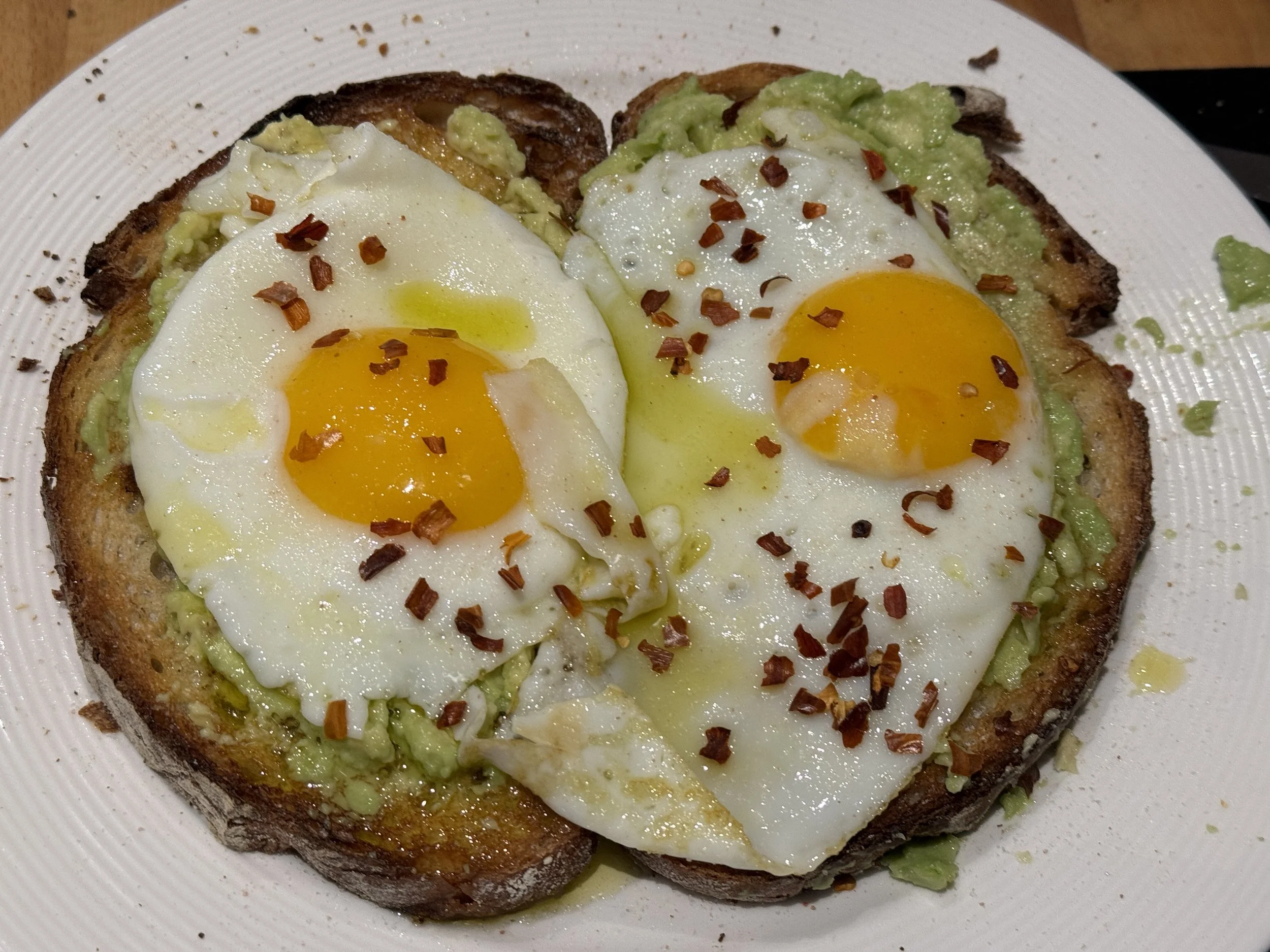Should You Eat Breakfast Before You Run in the Morning?
Many runners grapple with the decision of whether to eat breakfast before their morning run. The answer largely depends on individual preferences and the type of run planned for the day.
Short, Easy Run:
If you are heading out for a short, easy run of 30 minutes or less, you may not necessarily need to eat breakfast beforehand. Your body likely has enough glycogen stores to sustain you for the duration of the run. However, if you feel more comfortable with a light snack, aiming for easily digestible carbohydrates like a banana or a small granola bar might be beneficial.
Long or Intense Run:
For longer runs or more intense workouts, having a pre-run breakfast becomes increasingly important. Eating a balanced meal about 1-2 hours before the run can provide the necessary energy to sustain the effort. Try to include carbohydrates for fuel, a moderate amount of protein to support muscle function, and a small amount of healthy fats for satiety.
Individual Tolerance:
It's essential to consider individual tolerance levels. Some runners may feel discomfort or cramping if they eat too close to a run, while others may require a small meal to avoid feeling lightheaded or fatigued. Experimenting with different pre-run meal timing and compositions during training runs can help you determine what works best for you.
Hydration:
In addition to eating breakfast, focusing on hydration in the morning is crucial, especially before a run. Regardless of whether you eat breakfast, drinking water to hydrate your body after hours of sleep is important to support optimal performance.
In conclusion, the decision to eat breakfast before a morning run varies from person to person and depends on the length and intensity of the run. Experimenting with different approaches during training runs and paying attention to how your body responds will help you determine the best strategy for your morning runs.
